Project website: https://www.mecamind.eu/

The Method Cards for Movement-based Interaction Design (MeCaMInD) project explores how we can make an actionable method card toolbox in the fields of interaction design and sport & movement. MeCaMInD also focuses on disseminating the insights of the toolbox to students and design professionals across disciplines, as well as providing a greater understanding of how to create and enhance a movement-based creative design environment.


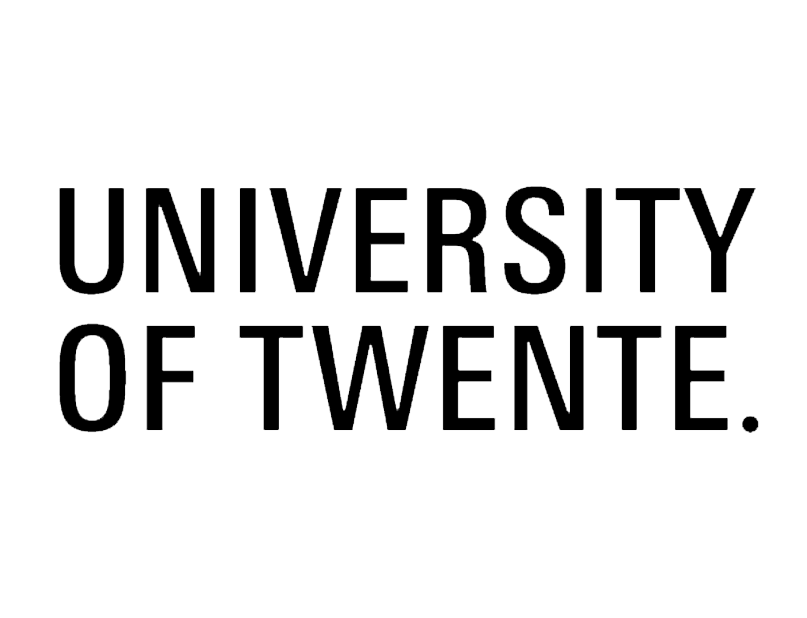
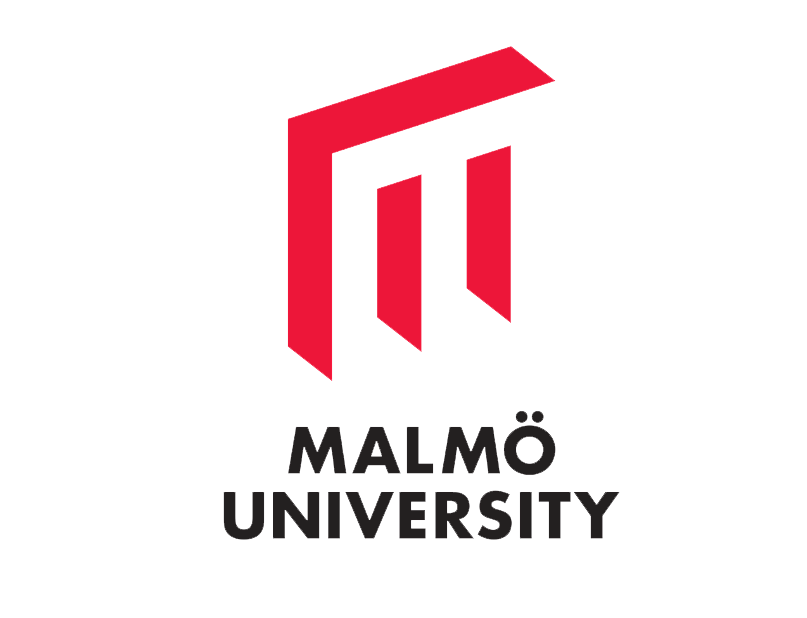
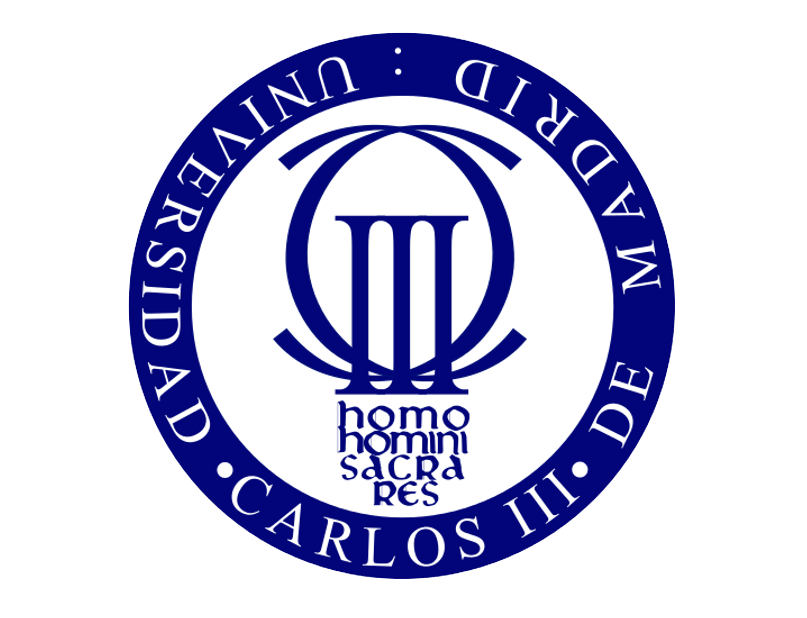
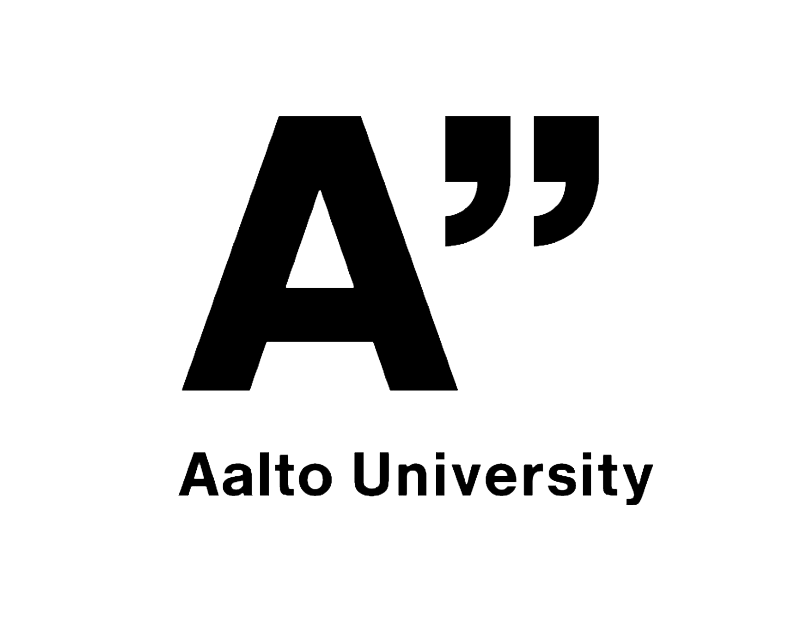
Designing method cards with social videogames
We analyze how social videogames can become enablers and facilitators of ice-breaking and warm-up exercises, with the aims of training your design-with-your-body skills.
Designing with the body is a physically demanding activity that requires a specific set of warm-ups to prepare designers mentally, socially, and physically for the act of embodied design.
For this, we use commercial videogames whose how-to-play instructions have been adapted to better fit embodied design purposes: Just Dance (PS4), BUTTON (PC), Copy-Dance in 1-2 Switch (Switch), and Johann Sebastian Joust in Sportsfriends (PS4).
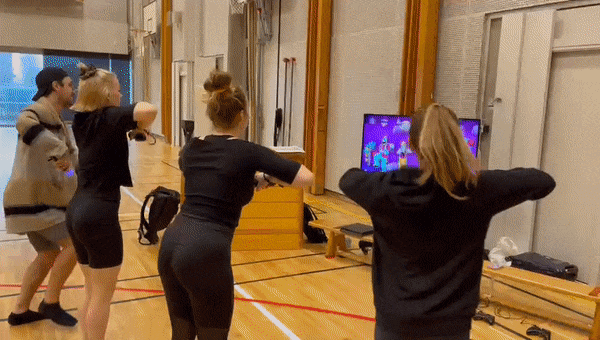
Games are used off-the-shelf, but we add additional mechanics that twist the original gameplay in order to make it appropriate for exercising embodied creativity.
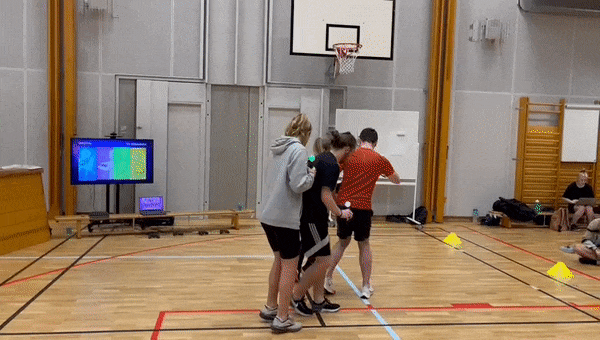
Our preliminary study shows that users experiment an increment of their fluency when tasked with creative exercises, both general creativity and domain specific creativity. This work has been presented at the SVEBI 2022 conference, hosted at Malmö University in June 2022.
MeCaMInD goals
This work aims for producing method cards that make use of these videogames to implement a set of ice-breakers and warm-ups for embodied design. These will be integrated into MeCaMInD’s method card box, which provides a compilation of user-friendly approach to guide design activities, each of them depicting each method’s goal, procedure, use contexts, and constraints.
Ultimately, the method cards will be made available physically and digitally, including a gameboard as a planning tool for organizing movement-based methods for use in events such as a movement design workshop.

